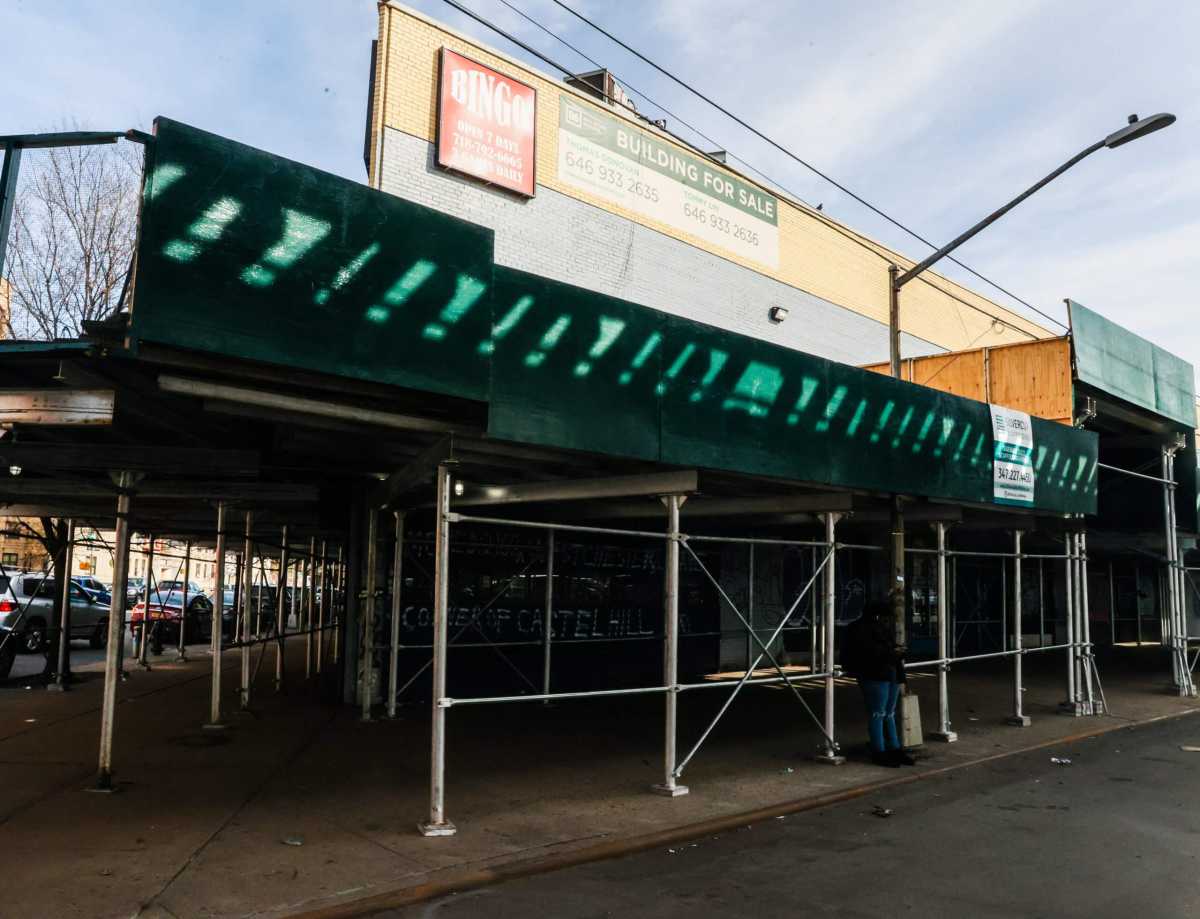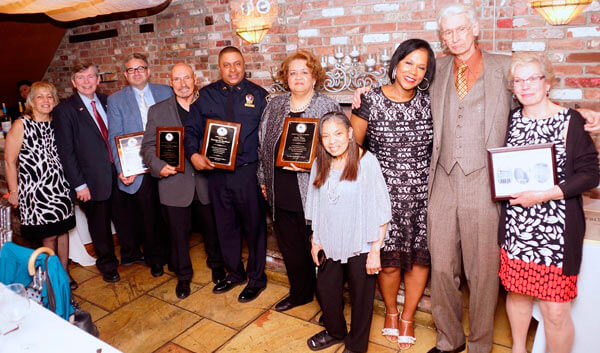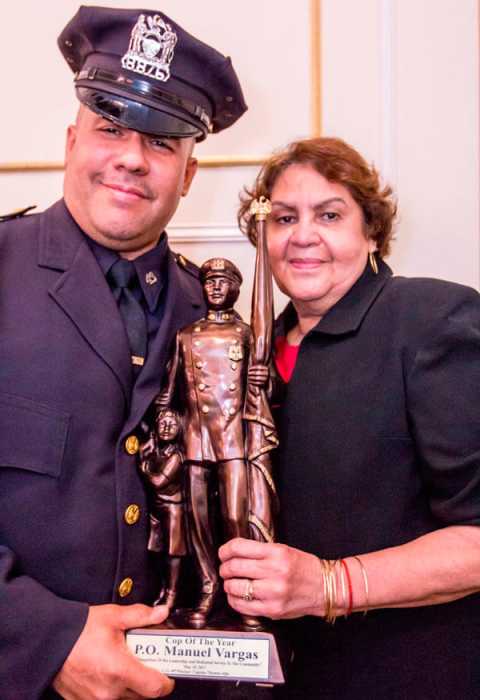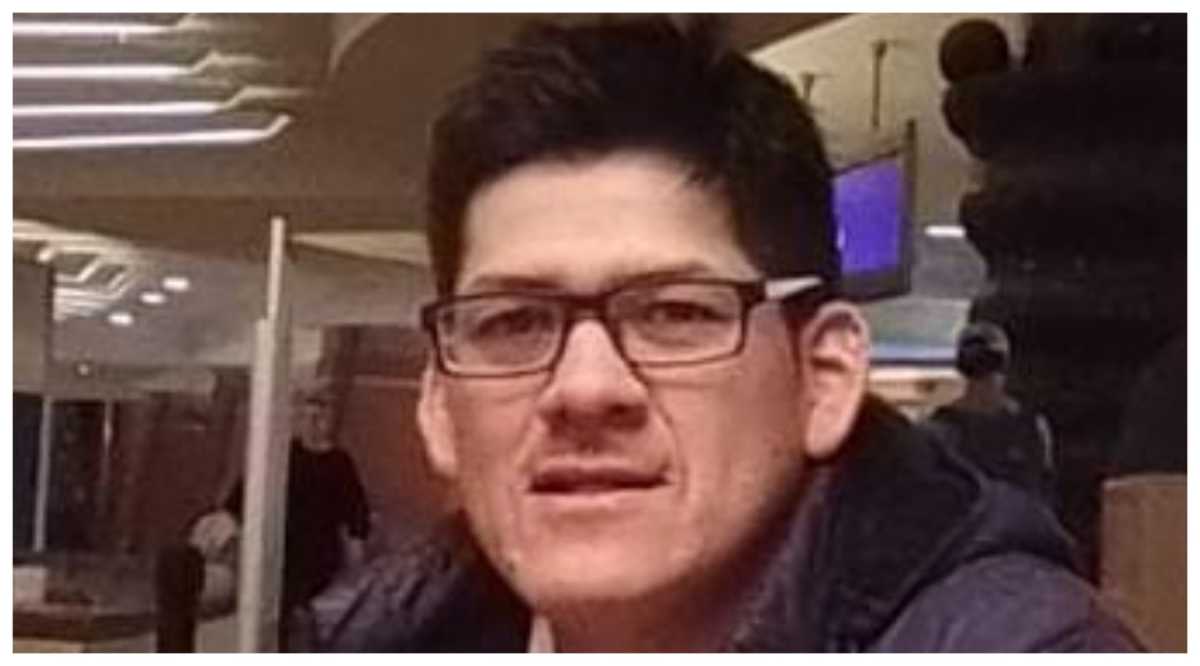To the Editor,
I do agree with the letter that the chaos and uncivil discourse at the Bronx Community Board 11’s public meeting on the Just Home proposal is not representative of the community at large. However, this ugliness and undemocratic behavior is representative of Community Board 11 meetings whose staff and members resort to name calling, profanity and retaliation whenever you disagree with them. The board’s lack of discipline, misinformation — whether deliberate or not — and even its active participation has created a hostile environment for many, including myself, to voice our concerns in board meetings.
Community Board 11 has a history, which I believe is deliberate, of not notifying the community of issues — from the rescinded proposed homeless men shelter at 2028 White Plains Road to the recent Bronxdale Safety Improvement Plan (aka Bronxdale Road Diet). Often fear, anger and even conspiracy theories rise when the community is not informed of decisions already made with no public meeting or notification. And when the Community Board 11 does decide to inform the community of any issue, it is usually to cause outrage by not providing information before meetings are held.
On April 7, the Health & Social Services and Housing committees of Community Board 11 held a meeting on behalf of the United Cerebral Palsy Associations of New York State, Inc., regarding a group home relocation for 2436 Kingsland Ave. The board failed to provide vital information that the Office for People with Developmental Disabilities already denied the request due to over saturation in the area. Unfortunately, the public made unpleasant remarks at the meeting. Afterward, the board touted its own horn for killing a project that was already dead on arrival.
The community board’s code of conduct is applied discriminatory as well as its rule of two minutes of uninterrupted speaking time for the public. In the latest public hearing for Just Home there was blatant electioneering — one board member called a health and hospital representative “arrogant” and those who were in support did not receive uninterrupted speaking time. Yet Roderick Compass spoke for an excessive duration with no interruption even when he made disparaging allegations not only toward the Fortune Society but toward a congressmember and senator who, he claims, arranged for his wife to be assaulted and has blocked his attempts for legal representation and media coverage, as well as immigration assistance. Several of the board members, including the housing chair, were applauding the rhetoric spewed by some of the opponents of the project and stood silently as other members of the public were shut down by the crowd. The district manager even allowed the crowd to decide whether they wanted a speaker to have more time.
The above meeting garnered lots of criticism because it was recorded and shared on social media as well as news outlets. Yet as stated, this type of chaos in meetings is not usual in Community Board 11. The current chair, Yahay Obeid, called me Islamphobic after I stated the one-way proposed Rhinelander conversation was not supported by the data and mentioned double parking which has been an issue of contention in the area. The city Department of Transportation validated my statement with its findings that the board’s request for Rhinelander was feasible but not necessary. A member of the public voiced their distaste for the chair’s remarks which resulted in the chair reiterating his Islamphobic charge against me. This is not the first time nor will it be the last time that a member of the board makes disparaging remarks toward members of the public while the rest of the board remains silent, or even laughs or joins in the disparaging session.
The recourse suggested by the borough president’s office was to send complaints to the Community Board 11 Ethics & Disciplinary Committee. Yet the option did not fare any better since the committee not only dismissed valid complaints from two other members of the public, but also Chair John Johnson resorted to profanity, yelling and making bizarre slanderous remarks.
A recent correspondence from the New York State Liquor Authority — in response to my email regarding discriminatory unfair practices within the board regarding their opinion on new licenses or renewals — suggested that I contact the borough president’s office since it is that office that appoints the board members as well as removes them. Yet the complaints from myself and others result in nothing but suggestions of more training for board members with no accountability. And our community board is not viewed well by many, including reporters such as David Cruz, who tweeted “I used to cover this board way back when, seems like things haven’t changed.”
While I continue seeking recourse to make this board equitable, I suggest others not only apply for the board but also know how a community board, advisory as it is, can make or break a community. A dysfunctional board not only disempowers people with lack of information, but it disengages the community from active participation. So, think about your community boards next time you vote for a borough president.
Roxanne Delgado






















